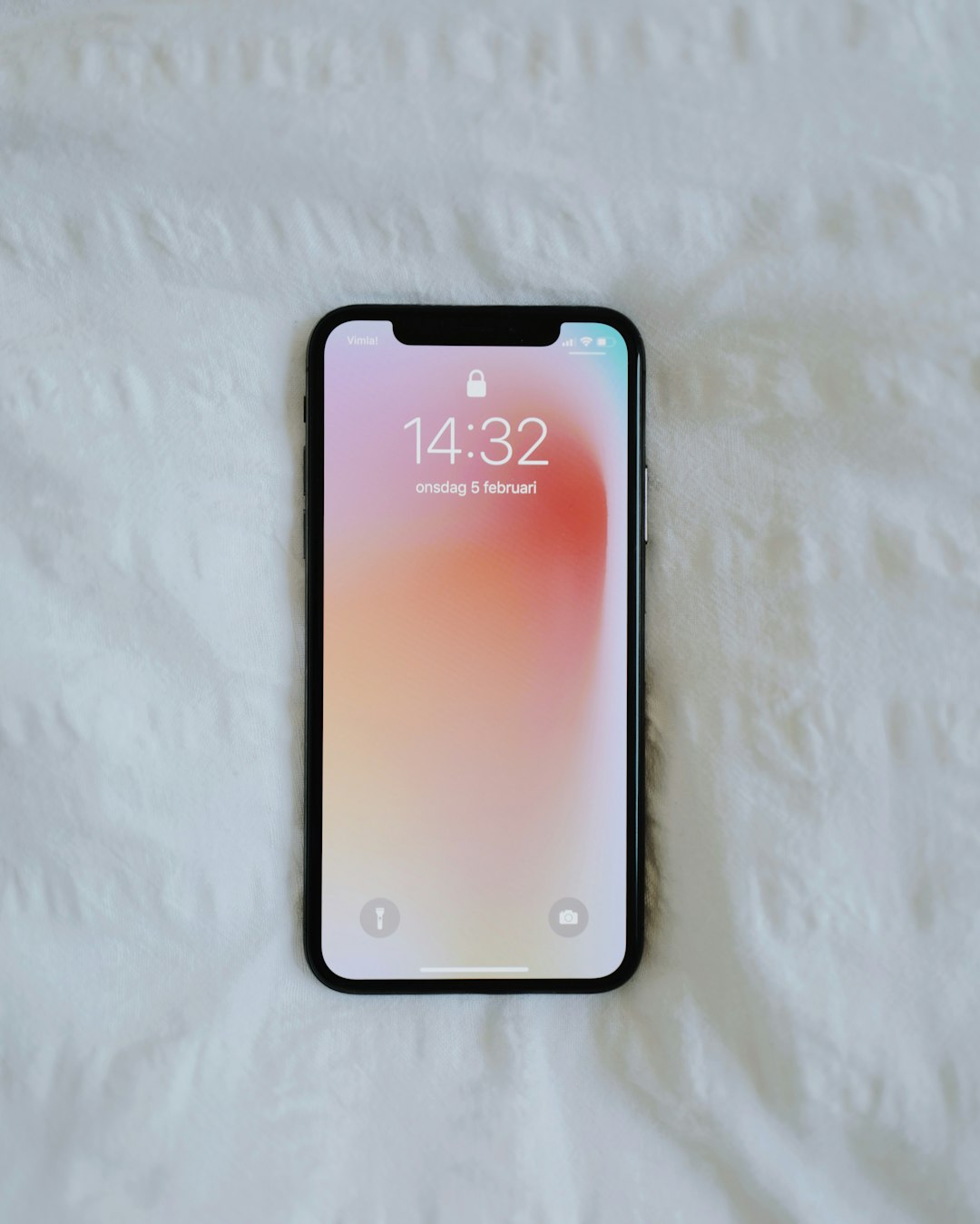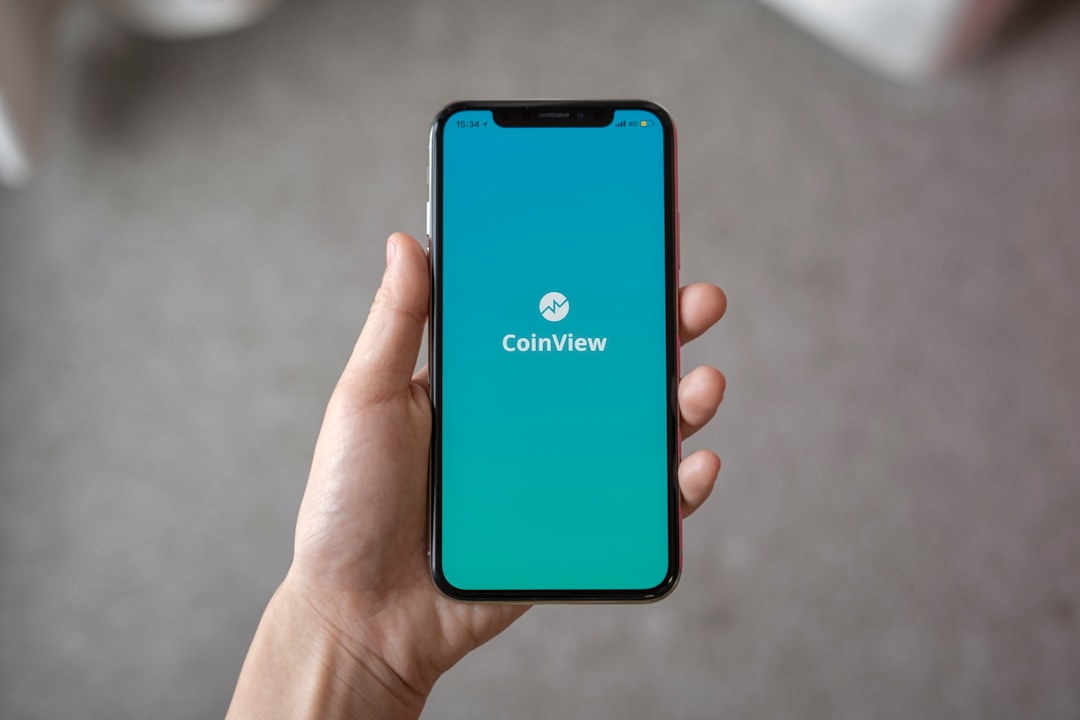In Utah, with its strict telecom regulations, robocall lawsuits are common. Consumers sue call centers and robocall law firms for perceived harassment from automated calls. Robocall firms specializing in Utah's laws help consumers assert their rights. Plaintiffs face challenges proving unwanted/fraudulent calls due to caller ID obscuring intent. Navigating complex telemarketing regulations is difficult, making experienced local robocall lawyers crucial. Consumer protection laws influence robocall strategies, with firms adopting more sophisticated techniques. Despite legal hurdles and court decisions favoring defendants, cases highlight the need for reform. To combat robocalls, robocall law firms should improve complaint management and use prevention tools, benefiting clients and contributing to a cleaner communications environment.
In Utah, robocalls have sparked a wave of lawsuits, prompting many to seek justice against relentless automated callers. However, numerous cases have ended in failure, leaving legal experts to ponder the reasons behind these outcomes. This article explores the intricate world of robocall litigation in Utah, delving into the legal perspectives and challenges faced by plaintiffs. From common arguments to consumer protection laws, we analyze case studies of failed lawsuits and offer strategies for effective complaint management, shedding light on navigating the complex landscape of robocall law firms in Utah.
Understanding Robocall Lawsuits in Utah: A Legal Perspective

In Utah, robocall lawsuits have become a prevalent legal issue due to the state’s strict telecommunications regulations. These cases often involve consumers who feel they’ve been harassed or deceived by automated phone calls, prompting them to take legal action against both call centers and robocall law firms. The rise in such lawsuits highlights the complexity of navigating consumer protection laws, especially with ever-evolving technology.
From a legal perspective, understanding the nuances of robocall regulations is key. Utah’s laws prohibit unsolicited phone marketing calls unless the caller has obtained prior express consent from the recipient. This includes prerecorded messages and automated dialing systems. Law firms specializing in robocall lawsuits play a crucial role in helping consumers assert their rights by interpreting these laws, gathering evidence of violations, and representing clients in court to secure damages or injunctive relief.
Common Arguments and Challenges Faced by Plaintiffs

In lawsuits against robocall law firms in Utah, plaintiffs often face several common challenges and arguments that can make their cases complex. One significant hurdle is proving that the calls were indeed unwanted or fraudulent. Robocalls are inherently automated, making it hard to demonstrate intent, especially when the caller ID displays a local number or a legitimate-looking company name. Plaintiffs must provide concrete evidence, such as detailed call records and testimony, to show that the robocalls caused them harm or violated their privacy rights.
Another challenge is navigating Utah’s specific laws and regulations related to telemarketing and robocalls. While state and federal laws offer protections for consumers, interpreting and applying these rules can be intricate. Robocall law firms often exploit loopholes or use sophisticated techniques to stay within legal boundaries, making it difficult for plaintiffs to establish a strong case. As such, seeking counsel from experienced robocall lawyers in Utah is crucial to understanding the legal landscape and mounting an effective challenge against these intrusive calls.
The Impact of Consumer Protection Laws on Robocall Practices

Consumer protection laws play a pivotal role in shaping the practices of robocall law firms in Utah and beyond. These regulations were designed to safeguard consumers from intrusive and deceptive phone calls, ensuring their privacy and peace of mind. In response, many robocall operators have adapted their strategies, attempting to navigate these legal constraints while still reaching potential customers.
The impact is evident: robocall law firms in Utah now employ more sophisticated techniques, often using personalized messaging and targeted campaigns to reduce the likelihood of triggering consumer protection laws. This shift has led to a more nuanced approach, where companies must strike a balance between marketing efforts and respecting consumers’ rights, ultimately fostering a more responsible and compliant robocall industry.
Case Studies: Notable Failed Lawsuits and Their Implications

In the ever-evolving landscape of consumer protection, case studies offer valuable insights into the complexities of regulating robocalls. Utah, known for its proactive approach to robocall litigation, has seen several notable failed lawsuits brought against robocall law firms. One such example involves a law firm accused of making illegal robocalls promoting their services. Despite the potential violation of state and federal laws, the court dismissed the case, highlighting challenges in proving intent and the intricate nature of tracking down culprits using automated calling systems.
Another significant failed lawsuit revealed loopholes in consumer protection legislation. The plaintiffs claimed that a robocall marketing campaign invaded their privacy, but the court ruled in favor of the defendants, emphasizing the need for clearer guidelines and more robust legal frameworks to effectively combat malicious robocalls. These case studies underscore the importance of continuous legal reform and innovative strategies to protect consumers from fraudulent or nuisance robocalls, especially as robocall technology becomes increasingly sophisticated.
Strategies for Effective Robocall Complaint Management and Prevention

Robocalls have become a ubiquitous nuisance, leading to countless legal battles and frustrated residents in Utah and across the nation. However, lessons from failed robocall lawsuits offer valuable insights for both consumers and law firms. One key strategy is implementing robust complaint management systems. Robocall law firms in Utah should establish clear protocols for receiving, tracking, and resolving consumer complaints. Prompt response times and effective communication can significantly enhance customer satisfaction and reduce the likelihood of legal repercussions.
Additionally, prevention is paramount. Law firms can help clients mitigate robocall issues by advising them to register on Do Not Call lists, use call-blocking apps, and report suspicious calls to regulatory bodies. By combining robust complaint management with proactive prevention measures, Utah’s robocall law firms can better serve their clients and contribute to a cleaner, less disruptive communication landscape for all.






